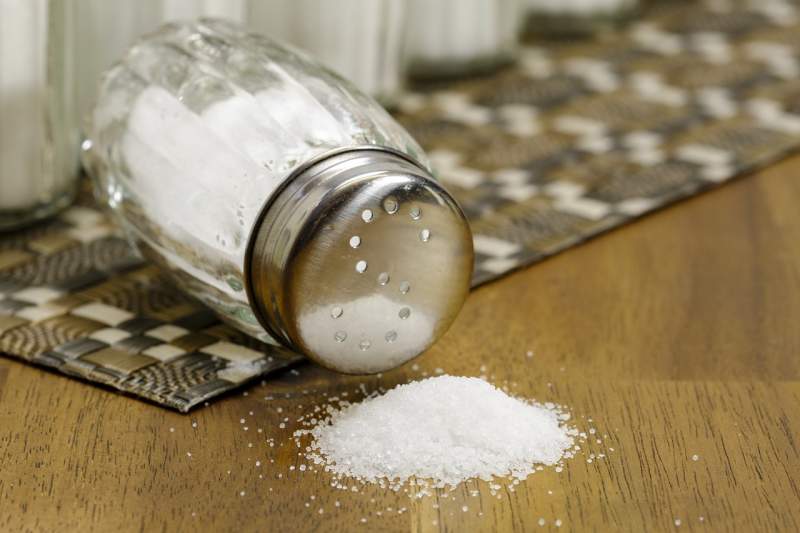
Advantages & Disadvantages of Salt in Your Food
12-03-2023 | Posted By: Admin | 23650 View(s)
Since childhood, we have been taught that having too much salt in food is bad for health. It increases the rate of blood pressure- thus leading to a heart attack and so on. It has gained so much bad publicity over the years that- millions of people have been forced to exclude it or have cut down drastically from their diets. But if we acquire enough knowledge about this mineral, we will learn that salt is also necessary for our health.
Pros
Flavor enhancement:
Salt is known to enhance the flavor of food. It can bring out the natural flavors in ingredients and make dishes taste more delicious.
Salt helps to Digest Food :
It acts as a stimulant to the taste buds.Actually, it plays a double role. Apart from being a stimulant, It also has its own enzyme quality. When you put a salty morsel of food inside your mouth, salt splits the food- thus helping it to be absorbed as well as fueling your digestive system.
It Resists Sunstroke :
Whenever a person faces dehydration or is suffering from sunstroke, he/she is made to have saline. It, therefore, means that salt is a necessary element whenever the body is dehydrated.
It can act as a substitute for a Sports Drink :
Even athletes are advised to drink water containing salt-and-sugar after a rigorous training schedule. This is rampant, especially in tropical as well as under-developed countries, where sports drinks are quiet expensive. Salt contains electrolytes that in turn controls the right amount of water- which our bodies need for normal blood pressure. So next time, you are looking for a sports drink but find it too costly, don’t feel disheartened. Salty water is good enough to quench your thirst.
Preservation:
Salt is used as a preservative to prevent the growth of bacteria and other harmful microorganisms in food. This is why it is often used in pickling, curing, and other food preservation methods.
Texture:
Salt can also affect the texture of food. It can help to tenderize meats and vegetables, and it can also give baked goods a more uniform texture.
Cons
Water retention :
Salt can cause the body to retain water, which can lead to bloating and swelling. This can be especially problematic for people with kidney disease or other health issues.
Salt is Fatal for Your Bones :
The sodium salt, that is most prevalent in the market, has fatal effects on our bones. It’s especially true for women who have had menopause already or geriatric segment of the society. Sodium in salt prevents the bones to get the necessary calcium for its well-being. This, in turn, leads to osteoporosis.
Digestive issues :
Eating too much salt can also lead to digestive issues, such as stomach ulcers, acid reflux, and bloating.
It can cause Damage to Kidneys :
Too much of this mineral is responsible for the deteriorating state of kidneys. The very presence of this mineral in your food shoots up the blood pressure and leads to crystal formation in the kidneys. The presence of sodium in salt is the primary culprit behind these occurrences. So if you want to keep your kidney healthy, be careful about the intake of this mineral. Keep yourself fit and healthy by getting Kidney Function Test at regular intervals to know about the health of your kidney.

And finally, it can cause Hypertension :
The multiple harms which are caused by salt- hypertension is the most pivotal among them. Because of its overdose, our bodies observe an invasion of water inflow. This leads to an escalation of blood pressure and blood level that cause sudden heart-stroke and cardiovascular risk.
So from the above, you can get a fairly good idea that more than salt, it’s the amount of ingestion which is the main perpetrator. Knowing the right quantity of salt usage in everyday cooking- is highly recommended for a healthy life and can keep a lot of diseases away and make you stay in fine shape.



